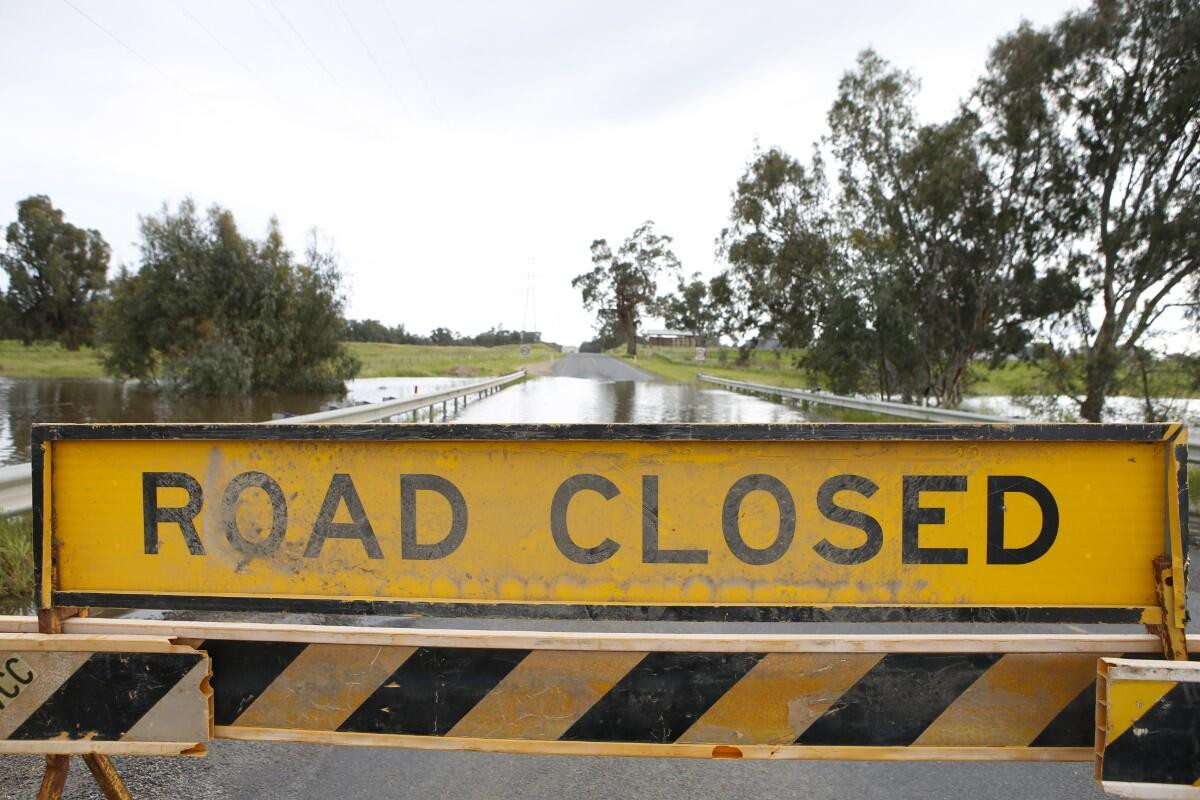General News
1 July, 2024
Government deflecting responsibility onto cash-strapped councils
EDITORIAL WATCHERS of government finances will find no surprises in the latest batch of annual council satisfaction surveys for rural councils across Victoria. These statistical snapshots have become a convenient way for the deflection of...

EDITORIAL
WATCHERS of government finances will find no surprises in the latest batch of annual council satisfaction surveys for rural councils across Victoria.
These statistical snapshots have become a convenient way for the deflection of responsibility in delivery of key local services, particularly roads.
Councils are left carrying the can as they battle for a fair, reasonable and equitable share of funds from state and federal governments.
It’s been going on for decades. Cost shifting to the lowest tier of government, decreased funding in real terms and allocations that at times have barely, if at all, kept pace with inflation.
Governments like to spruik “record investments” and indeed, in dollar terms, they are often correct.
But reality is a universe away, exacerbated for many councils by recent natural disasters - remember the Loddon Shire has been hit by major and damaging floods twice in 18 months - and the delays in securing approval from authorities within state and federal government for works that will repair damaged roads and bridges.
Bureaucracy of the top tiers of government have sat back and increasingly made local councils the scapegoats.
Against that backdrop, of course, local residents are going to take the baseball bat to their council when picking up the phone and being asked about a shire’s performance.
Local government has been reduced too often to a poorly-resourced branch office of the big bureaucrats in Melbourne and Canberra.
Rural councils are constantly raising their voices as advocates and lobbyists, keen to collar any MP who might exhibit an inkling of a thought that listening to a rural council is worth setting aside a few minutes.
They have jumped at the opportunity of putting a strong, and to most reasonable people, a compelling case that the share of the pie allocated by federal and state governments not only should, but must be increased.
Rural councils rely on “others” for something like half their income to deliver basic services.
If any reduction or delay is caused by poor flow of funds, councils should speak up more often and tell residents to vent their anger and frustrations at the root of the problem.
Otherwise, the annual satisfaction surveys will continue to show decline and annoyance with the performance of rural councils.
Our communities deserve proper investment in infrastructure and services, our councils deserve funding to allow adequate maintenance of those roads and bridges travelled every day by residents.
Councils are not perfect but they are the tier of government closest to the people. A target that all too often lets state and federal governments off the hook of real responsibility ... wiping their hands all too easily.